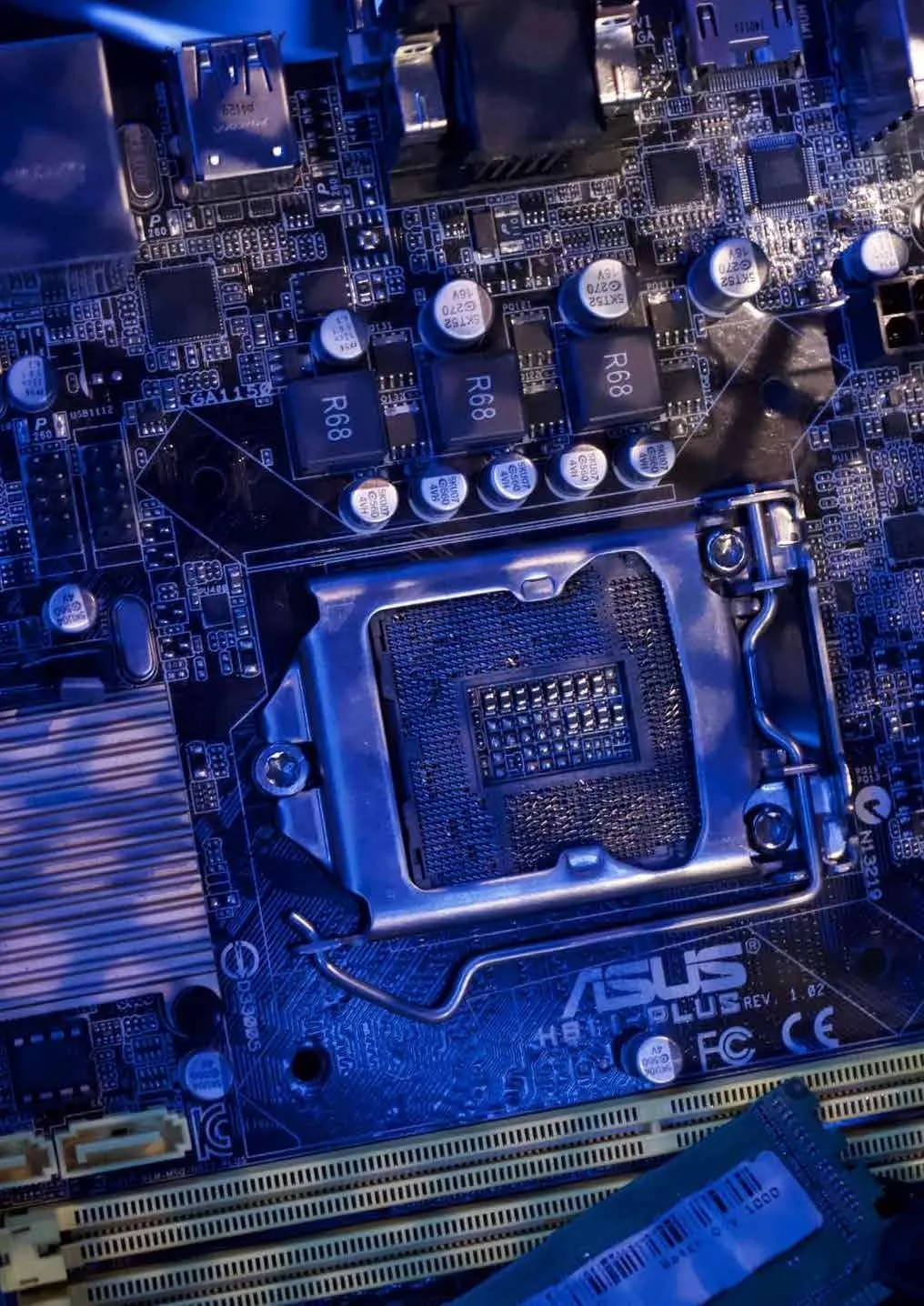
AI: Steering Our Lives One Click at a Time
Science & Technology Editor Matthew Thorburn, LVI, challenges the facade of free will and reveals who, or rather what, is really controlling us.

Matthew Thorburn
Science & Technology Editor, 2025
We like to see ourselves as free thinkers – not influenced by content we see online or in our day-to-day lives. We assume our opinions are our own, that what we buy is our own choice, and that our decisions are made independently. But this is not the case. Behind the mask of the internet - an appealing, bright interface with seemingly unlimited potential – algorithms dictate what you see, do and buy. It’s a scary, but important, truth.
How is it that you can get recommendations of items online that you didn’t even know you wanted?
It means that people like you – who have similar profiles according to the massive databases AI feeds from – enjoy these products. The algorithm makes decisions about what to buy next for you – all in the bid to increase sales and hence increase profits. In 2023, Google made almost $240bn from its advertising services – a lucrative endeavour for both itself and its clients. Google’s profile on you includes everything from your web history and past purchases to your demographic and what you should buy thanks to that. Are you a 45-year-old married woman with two children who likes baking? Great! Here’s what other consumers, of your exact profile, have bought recently. Enter your payment information. Or, rather, we will enter it for you. Just click ‘pay’. It’s never been easier to spend money.
There is a similar situation in social media. Algorithms recommend you content that your profile likes – though this can turn the internet into an echo chamber of your own opinions and tastes. Who likes criticism, or disagreement? AI will drip feed you content and news that aligns with your opinions, even reinforcing them. This can be dangerous – people don’t discover new opinions or sides to an argument thanks to the constant mind-numbing barrage of concurrent content appearing every swipe. Many believe this could have an influence when it comes to elections and politics – a prospect that becomes substantially more concerning when the possibility of interference in social media algorithms comes to light. The UK’s latest election shows how this can be apparent close to home – thousands of “Vote Reform UK” comments and posts originating from day old accounts creating the illusion of thousands of supporters, when in reality algorithms are being exploited to bias one’s political allegiance. Not even that is safe.
Is AI the problem?
After all, any technology can be exploited. The fact that AI is widely used in social media and advertisement algorithms doesn’t mean it itself is the problem, but we may have given AI too much power with too little oversight. It is designed to be relentless: to maximise effectiveness, and therefore profit. It excels at giving us what we want, coming with a problematic side effect – it doesn’t give us what we need. Agreeable content and convenient purchases all come at the cost of growth and the discovery of new ideas. AI doesn’t prioritise these – it just wants you to keep clicking.
The first step to combatting this is awareness. Most people have no idea how these algorithms work – we only see the results, not what’s going on behind the screen. Increased transparency will help people understand the complex systems that lie behind what we see and do online. Once people realise shady, expansive systems shape everything from our shopping habits to political views, combatting them will be easier. People need to actively seek out diverse ranges of information, not just what is recommended to them daily. Regulation, though a daunting prospect with the rapid technological advancement AI brings, may be essential to ensure the average consumer is not exploited. Users should know what data is being used and how their online experience is being shaped. AI needs to serve people, not exclusively profits.
There’s no doubt that AI is huge – it has been likened to the beginning of the computer age in the 1970s. The computer was introduced then but only took off in the 1990s and 2000s – and look at the impact it has had. Perhaps AI is the same. Nvidia - currently the world’s largest company at a $3.5trn market cap – has been riding the AI wave since the very beginning and look where it’s got them. We don’t need to stop using AI, but we do need to start understanding it. This will allow us to take control of our choices, instead of letting algorithms decide for us.